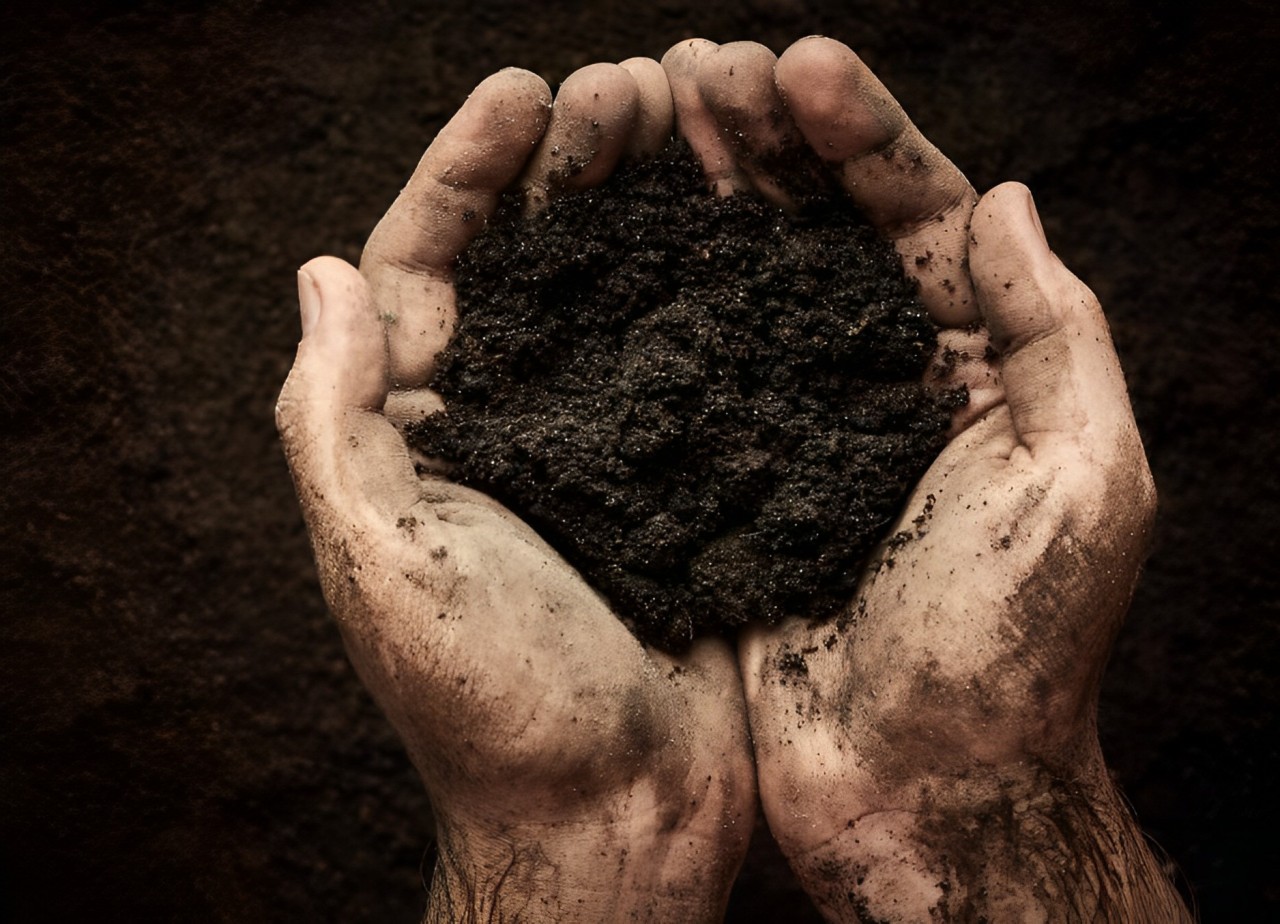Soil Infection Linked to Monkey Deaths in Hong Kong – Officials Report
Melioidosis kills 11 monkeys at Hong Kong zoo, prompting partial closure and soil investigation.
Breaking News
Oct 21, 2024
Simantini Singh Deo

As per reports, a bacterial infection known as melioidosis has caused the deaths of at least nine monkeys at a Hong Kong zoo. According to the reports by the authorities, two more monkeys died over the weekend, causing a total of 11 deaths in the last week. The zoo, the city's oldest park built in 1860, has been partially closed since October 14 after the first group of monkey deaths was reported. The zoo is located near Hong Kong's financial district, near government offices, and houses around 158 birds, 70 mammals, and 21 reptiles across approximately 40 enclosures.
The affected monkeys included De Brazza monkeys, a common squirrel monkey, cotton-top tamarins, and white-faced sakis and are kept in five separate cages. Nine monkeys died from sepsis after being infected by melioidosis, with autopsies revealing significant amounts of the bacteria in their organs, probably originating from soil near their habitat, said the authorities. Further testing is required to confirm the cause of death for the two most recent monkey fatalities.
Hong Kong's culture and tourism minister, Kevin Yeung, informed local broadcaster RTHK that the zoo requires digging up the soil near the monkeys' habitat. It is suspected that workers unknowingly brought contaminated soil into the enclosures through their shoes during construction work nearby. Melioidosis bacteria are typically found in moist clay soil and can infect humans and animals, but it is improbable that they will spread from animals to humans.
"We have cordoned off the whole mammals section for the time being, so there will be no contact between normal citizens and the animals," said Kevin Yeung, Hong Kong's culture and tourism minister.
